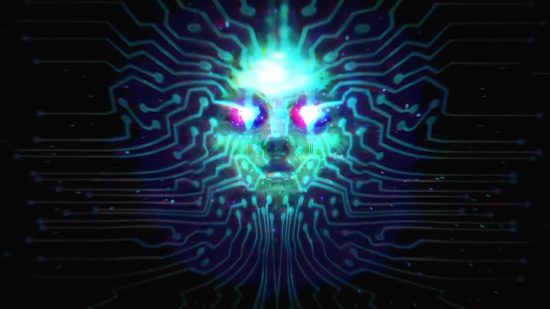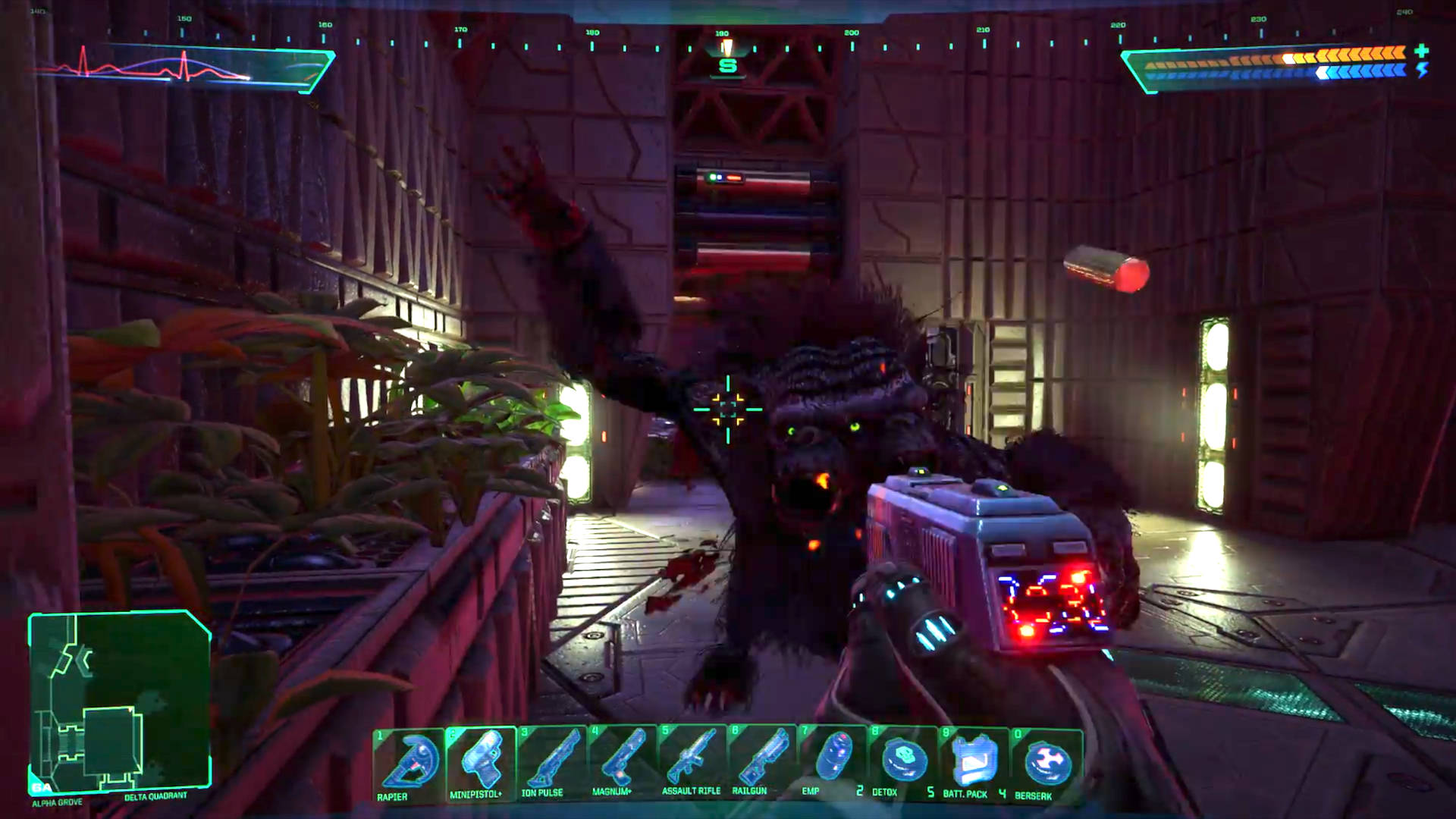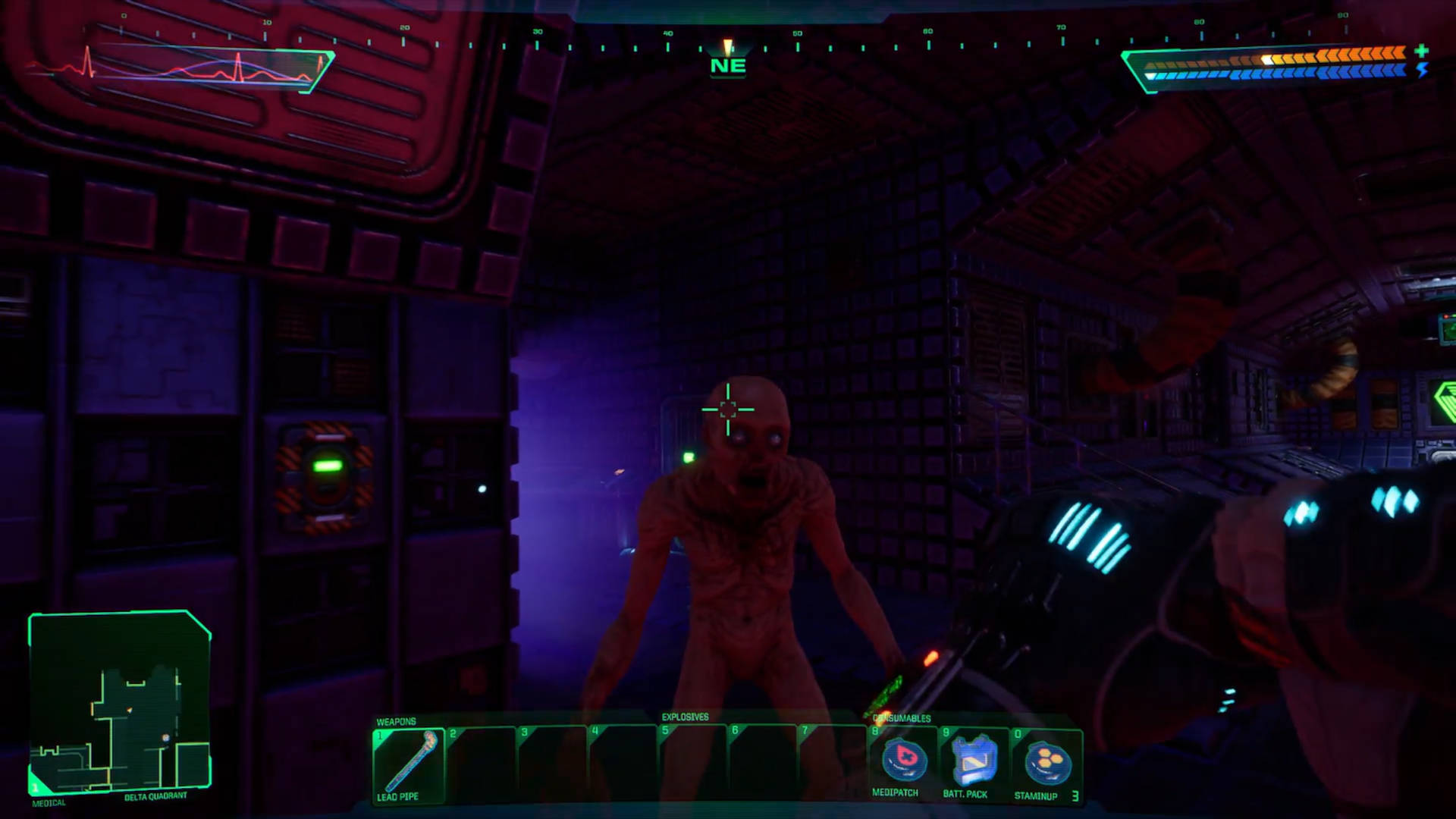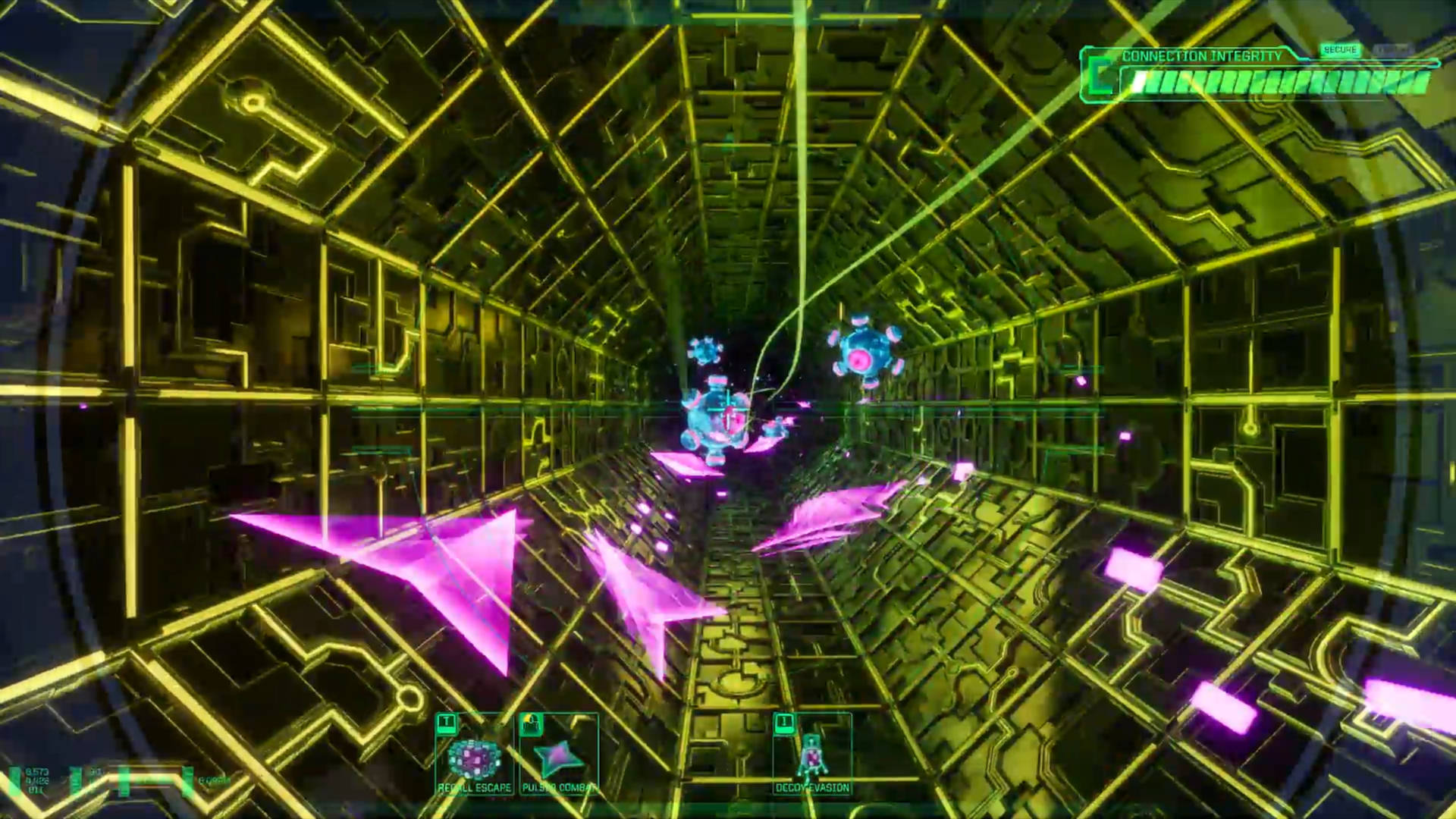Our Verdict
The System Shock remake is the best way to play the PC classic, making it an enjoyable first-person experience for the modern age. However, it still clings to some somewhat outdated mechanics that will frustrate newcomers.
If there’s one thing you should take away from this System Shock remake review, it’s that this is the most playable version of the classic PC game. Both its 1994 original and the subsequent Enhanced Edition from 2015 suffer at the hands of a user interface with more in common with Excel spreadsheets than a first-person shooter. The System Shock remake from Nightdive Studios is far more game-like, but it’s still perhaps a little too faithful to the source material.
As a hacker arrested for attempting to steal company secrets, you soon find yourself onboard a dilapidated space colony, festering with mutants, rogue robots, and humans turned into corrupted androids. Unfortunately, all of them are trying to kill you without provocation, presenting a slight hiccup in your interstellar journey. As it turns out, the ship is under the control of the now-sentient ship’s ai: SHODAN, whose moral inhibitors you disabled not long before. As one of the last living people onboard the space colony, it’s up to you to stop SHODAN’s plans to exterminate the human race.
Those familiar with Bioshock, which – perhaps unsurprisingly – was based on the System Shock series, will find some familiar ground. Audio logs flesh out the backstory, and unlike the original, they now have some talented voice actors bringing the game to life. SHODAN is also a constant thorn in your side, heralding in ambushes with condescending putdowns. There’s a reason people fondly remember SHODAN as one of the gaming universe’s best-written antagonists. She’s an intimidating force to be reckoned with, and as someone who never experienced it the first time, the remake shows me why SHODAN is an iconic villain. As such, I feel confident that fans of the original will be pleased with how her cruelty bleeds into Nightdive’s sci-fi adventure.
I’ve tried a few times to play the original version over the years, and I could never conjure up the patience to get out of the first room. This is where the System Shock remake immediately gets my seal of approval, as it now plays like an FPS game. There’s still an inventory menu that you’ll constantly have to micromanage to carry weapons, ammo, and healing items in each of the colony’s nine levels. Still, I never really struggled with item management and healing, as there are unlockable respawn points, just like the Vitavaults in Bioshock, and vending machines churn out upgrades and items, which you can fund by recycling scrap for cash.
Progress throughout the game isn’t linear, so System Shock has more in common with a Metroidvania than an objective-based shooter. However, even with the help of its multiple difficulty settings, I find myself getting lost frequently and occasionally wondering what I should be doing. At one point, I accidentally blew up Earth (oops) by pressing a random button and had no idea why. As it turns out, it’s because I didn’t turn on some safety protocols on a completely different floor, nor did I pick up a canister in a random box in a highly irradiated room to activate it. At no point did the game ever mention that I needed to do this.
It doesn’t help that the labyrinthine maps have more tunnels than a rabbit warren. While it has an intentionally oppressive atmosphere, and I’m generally fine with the remake’s more horror-focused approach, there’s a fine line between getting lost and not finding key items or doors because, while I generally love System Shock remake’s retro-esque visual design, it’s just too damn dark.
This was something that I tried to fix manually by turning the brightness all the way up, but even so, key items blended into the background. There is a headlight upgrade you can equip, but this uses precious energy that I’d rather use to kill enemies with the lazer. On top of that, enemies constantly respawn due to frequent interference from SHODAN, which would be fine if the early-game weapons weren’t so underpowered. That said, enemies got a lot easier to put down when I finally picked up some more serious firepower or upgrades for my already-collected guns. I particularly enjoyed slashing away at the robot secretaries in the Executive Suite with a snazzy energy-powered sword.
I was playing the game on medium difficulty throughout the board and found each setting is imbalanced in its own right. Combat is generally skewed on the harder side, but the game’s various Cyberspace mini-levels are perhaps too easy. These are first-person flight simulation levels in a digital world where you shoot down SHODAN’s various anti-viral programs. The controls take some getting used to, especially if you’ve never played old games such as Descent, but once you work out how to navigate without crashing into walls every five seconds, they’re a bit more of a delight to explore.
Where System Shock remake makes things unnecessarily tricky is with its logic puzzles. These are terminals where you must either fill a bar by plugging in power nodes into the correct adaptors, or link up two flashing lights by rotating the track leading up to it. However, the game never explains these objectives, nor does it go easy on you with the first few, so I found it quite challenging to get the general gist. In addition, I wouldn’t mind so much if the lighting effects on these terminals weren’t so aggressive, occasionally obscuring the intended solution.
Whether or not you’ll like System Shock all boils down to how much patience you have for obtuse puzzle mechanics and constant wandering around in circles. It’s worth playing at least once if the original’s aforementioned interface, but Nightdive has kept the core gameplay a little too faithful compared to other remakes. If you’re a System Shock veteran, you’ll probably take to it like a duck to water, but newcomers will struggle to get to grips with its more archaic mechanics.



